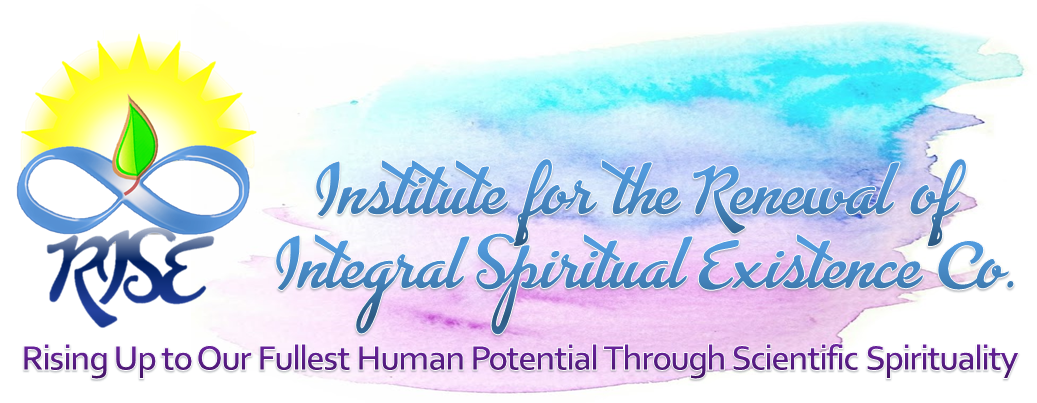The article discusses a paradigm shift in understanding Alzheimer’s disease, suggesting it may not be primarily a brain disorder but rather an autoimmune condition driven by the brain’s immune response. Donald Weaver, a researcher at the Krembil Brain Institute, argues that beta-amyloid, traditionally viewed as a harmful protein, is actually a normal component of the brain’s immune system that becomes problematic when it mistakenly attacks brain cells due to similarities with bacterial membranes.
This misdirected immune response leads to chronic brain cell dysfunction and dementia. Weaver emphasizes the need for new therapeutic approaches that target immune-regulating pathways rather than focusing solely on beta-amyloid, advocating for innovative research to address the growing public health crisis of dementia affecting millions worldwide.
Editor’s Note: The exploration of Alzheimer’s disease through a holistic lens emphasizes the profound interconnectedness of the psychological, emotional, and spiritual dimensions of health. Viewing Alzheimer’s as an autoimmune condition invites a deeper understanding of how the mind and body interact, suggesting that emotional trauma or unresolved psychological conflicts may contribute to the immune dysregulation observed in patients. This perspective encourages us to consider the implications of consciousness in health; a person’s mental state, beliefs, and emotional well-being can significantly influence their physical health and the progression of diseases like Alzheimer’s.
By recognizing that healing involves more than just addressing physical symptoms—encompassing emotional support, spiritual growth, and psychological resilience—we can foster a more comprehensive approach to treatment. This wholistic view not only honors the complexity of human experience but also empowers individuals to engage actively in their healing journeys, potentially transforming their relationships with themselves and others as they navigate the challenges posed by cognitive decline. embracing wholistic medicine may lead to more effective interventions that honor the full spectrum of human existence, promoting not just longevity but also quality of life.
Read Original Article
Read Online
Click the button below if you wish to read the article on the website where it was originally published.
Read Offline
Click the button below if you wish to read the article offline.





